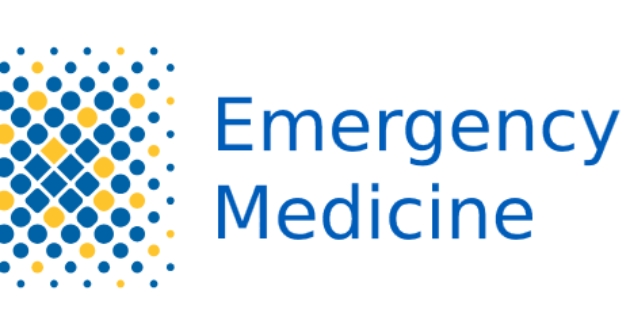
To tell a story, all you need is information. To tell an accurate story, when it comes to patient care in the emergency department (ED), you need much more, according to ED data experts and emergency physicians James Augustine, MD, FACEP, and Stephen Epstein, MD, MPP, FACEP. An accurate story requires information from millions of ED visits, a way to analyze the data, and a way to use that analysis across different settings and patient populations for better outcomes. That’s where ACEP’s Emergency Medicine Data Institute (EMDI) comes into play.
Explore This Issue
ACEP Now: Jan 01Developed by ACEP, the EMDI is powered by member data from ACEP’s own clinical registry, the Clinical Emergency Data Registry (CEDR), and in collaboration with EQUAL, the College’s virtual quality network.
Emergency physicians who participate in ACEP’s clinical registries help all emergency physicians make swift, smart decisions.
“EMDI is the part of our practice that allows us to plan for the future of emergency medicine,” said Dr. Augustine, EMDI’s Board of Governors’ Vice Chair and clinical professor in the department of emergency medicine at Wright State University in Dayton, Ohio. “[Our practice] has changed and evolved, and will continue to do so. The only way to tell that story is with data that show those changes. It all leads to improvements in the way we provide patient care, adapt to the changing practice of emergency care, and how we serve our communities and the house of medicine.”
Data Repository
CEDR serves as the data repository that enables emergency physicians to effectively report quality metrics.
Established at a time when federal mandates tied physician reimbursement to quality measure reporting, CEDR met a critical need. Its aim was not just to fulfill regulatory requirements, but to ensure emergency physicians could define and control the measures that shaped their clinical practice. ACEP developed quality measures before CEDR was created nearly 10 years ago. But to avoid what Dr. Augustine called the federal government’s tendency to inflict measures on emergency physicians—he uses the word “inflict” purposely—CEDR provided a focused platform to help emergency physicians take charge of data reporting. In doing so, they avoid the pitfalls of externally imposed metrics that fail to reflect the intricacies of the specialty.
“The government is going to withhold a percentage of your reimbursement if you don’t report quality measures depending on your setting,” said Dr. Epstein, the EMDI’s Board of Governors’ Chair, attending emergency physician at Beth Israel Deaconess Medical Center, Boston, and assistant professor at Harvard Medical School. “Conversely, you can get a small bonus if you do well in your reporting. CEDR was created in part because the College recognized that a lot of our members would not have the infrastructure to do that reporting. Now, we realize that there’s an awful lot of data we haven’t been using. EMDI is an attempt to start reorganizing that data and make it more useful clinically.”
Pages: 1 2 3 | Single Page



No Responses to “ACEP’s Emergency Medicine Data Institute Improves Patient Care”